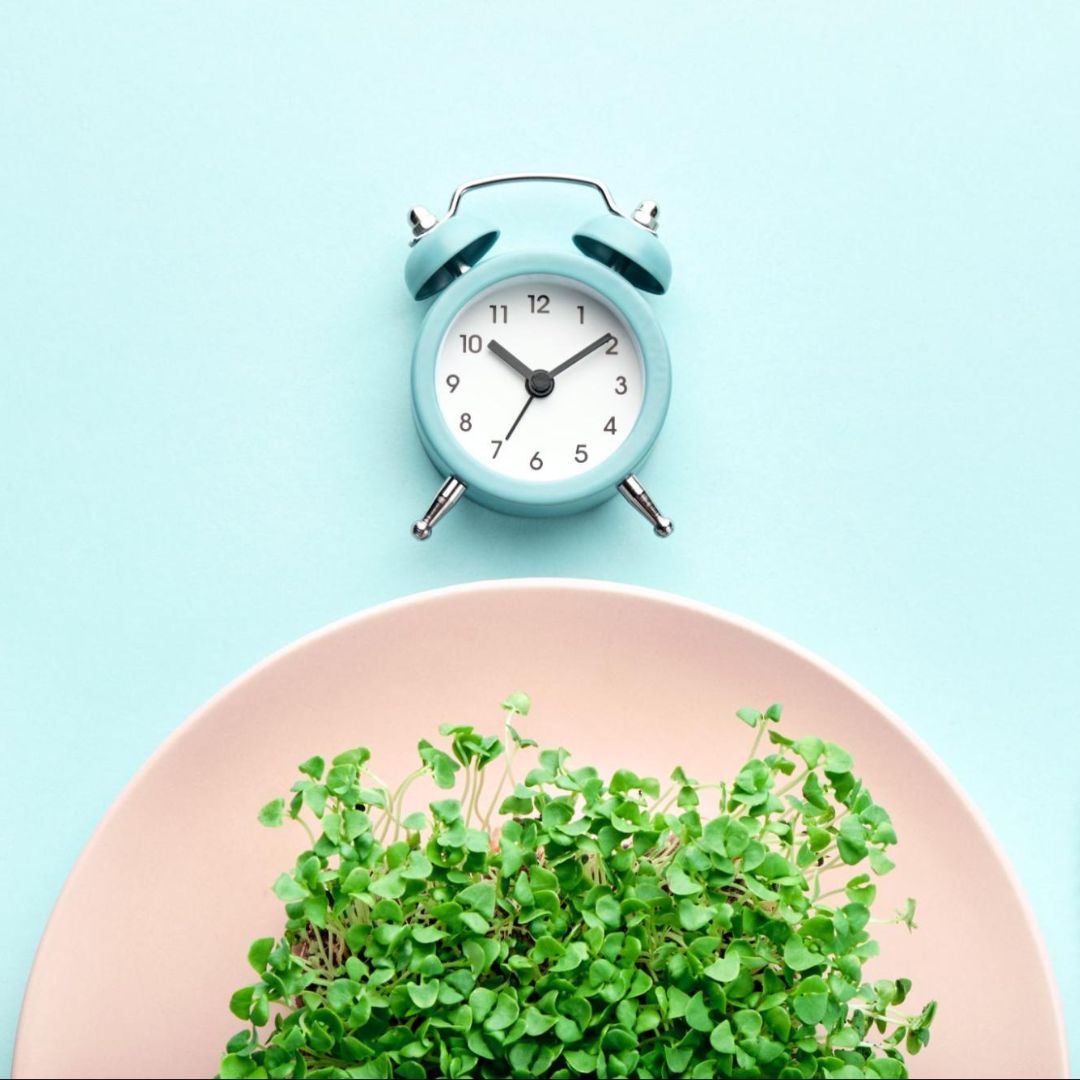
Intermittent fasting (IF) is a popular dieting method right now. Compared to other fad diets, intermittent fasting does have more research to back up its amazing effects on the body. Civilisations have been fasting for millennia, and this natural eating pattern is becoming more common.
What is intermittent fasting?
Fasting has existed for millions of years and in many cultural and religious traditions. Intermittent fasting has grown in popularity recently. Everyone from fitness gurus to medical doctors are recommending it for health, weight loss, and even to treat certain chronic conditions.
The basic principle of intermittent fasting involves limiting the time spent eating in a day. It’s less of a diet and more of a lifestyle pattern because there are no specifications on what food to eat or limit. Just by fasting anywhere from 12-18 hours a day (sometimes more!) one’s health, body, and life will drastically change.
The science behind intermittent fasting has to do with hormones. When any food, especially carbohydrates enter the body, the hormone insulin spikes. Insulin is the blood that allows fat to be stored. Because people today have irregular and frequent eating patterns, like snacking all day and even night, the body never gets a break from releasing insulin and storing fat. This can lead to diabetes, obesity, heart disease, and so on. By fasting for a certain amount of the day, the body gets more chances to burn fat than continue storing it.
Something that's challenging about intermittent fasting is the inability to drink beverages like creamy coffee or sugary soda while fasting. No calories should be consumed outside of the eating window. A fantastically healthy choice is herbal tea, a delicately flavoured tea that can simultaneously sate your cravings and further improve your health.

Intermittent fasting is already quite powerful in improving longevity, weight maintenance, and reducing the risk of diseases. Paired with Japanese green tea’s fat-burning qualities, skin-boosting antioxidants, and other positive features, the two make a powerful combo.
How to do intermittent fasting with herbal tea?
Herbal tea is a healthy, beneficial complement to intermittent fasting. To really extract the greatest potential from herbal tea, it's important to know when and how to drink it. First of all, due to its low amount of calories, about 3 calories per gram of Tipson’s Herbal Tea, it is perfectly acceptable to consume while fasting. Any herbal tea blends are good as long as you do not use additives like milk and sugar. Herbal teas are traditionally consumed without adding milk or sugar, so it is also a great reason why it goes hand in hand with intermittent fasting. That means, just like black coffee and water, you can sip a warm, comforting mug of herbal tea around the clock. It's a different form of hydration - which you need to prioritise while fasting - especially if water becomes boring.
The best time to drink herbal tea is really whenever. To start, drinking a cup of herbal tea first thing in the morning can become a wonderful habit. As a substitute for coffee, herbal tea provides a calming, yet refreshing spring in your step. Since it doesn't come with all the energy crashes like other energy drinks, it is great to drink multiple times a day, while fasting or eating. As for how much to drink, it really depends on personal preferences. For the best health benefits, at least 3 cups of tea a day is the recommendation!



